At the best of times, science is a complex juggling act of research, teaching, mentoring, grant writing and publishing. The COVID-19 pandemic has brought nationwide lockdowns, rising racial tensions and virtual scientific life. For many, 2020 has been a year in which doing well has meant simply muddling through. The darkest moments, however, can often help to reveal a clear purpose.
Female researchers are disproportionately affected by the pandemic. Nature spoke to seven about what they have taken away from this year of upheaval, and how, despite challenges, they forged new career directions and launched new initiatives.
Frustration into action
Not long after Lia Li’s University College London laboratory shut down in March, the physicist was put on furlough until July. Since then, a 25% occupancy limit on campus has prompted her to forgo lab time so that PhD students can finish crucial data collection. “I’m an experimentalist who hasn’t been able to do experiments, so I’ve had to reimagine my academic identity,” says Li, who since 2016 has supported her independent research with grants.
Unable to conduct her university experiments, she says, she was able to focus on writing the business plan for the start-up she has been developing since 2016. Her fledgling company, Zero Point Motion, which she hopes to launch in the next few years, will design and produce optical sensors that track the position of an object in 3D space.
Li says that she was also motivated to focus on her business by her struggles with the fact that the academic system works well only for some. When her start-up is under way, she will codify equal pay and anti-racism into workplace codes of conduct, and make the workspace welcoming for scientists from under-represented groups. “It’s scary to consider starting a company in the middle of a pandemic, but carving out my own anti-racist work environment has been driving me during the lockdown,” she says. “This was the year that kicked my bum into gear.”
Embrace virtual meetings
Like many academics, Sonia Seneviratne, a climate scientist at the Institute for Atmospheric and Climate Science at the Swiss Federal Institute of Technology in Zurich, Switzerland, went from travelling every month to no trips at all this year. “This was a good change. I’m quite happy to have less travel,” she says. Her initial concern about having fewer interactions with colleagues has been assuaged by attending virtual conferences. She advocates a continuation of the online-conference model where possible, which, she says, had long been a topic of discussion, particularly among climate-change researchers. “The thought was, ‘We’ll do this eventually’,” says Seneviratne. The pandemic not only forced mass adoption of virtual meetings but proved that they work well.
Nadya Mason, a physicist at the University of Illinois at Urbana-Champaign, where she is director of the Materials Research Science and Engineering Center, says that everyone travelling less can make international collaborations easier. “Since we are not spending time travelling, we can ‘see’ collaborators around the world much more readily than we used to,” she says.
The virtual meetings have allowed Mason, an experimentalist, to maintain intellectual momentum working with a European theorist to better understand a data set. Mason also joins another female physicist for virtual ‘happy hours’, which, she says, helps to nurture a sense of connection.
Find strength in numbers
Jenea Adams, a second-year PhD student in genomics and computational biology at the University of Pennsylvania in Philadelphia, says that her lowest point this year was around 4 July, a US public holiday that celebrates the nation’s independence from the United Kingdom. Racial unrest in Philadelphia made it difficult for her to focus on her PhD programme or to pretend that nothing was happening. The tensions around the killing of George Floyd and the associated Black Lives Matter protests felt like “another pandemic on top of a pandemic”, says Adams.
With more time at home because of the lockdown, Adams felt prompted to focus more on a networking project that she’d started in January, triggered by the realization that she knew only three other Black women in computational biology. A Google spreadsheet of names, e-mail addresses, research interests and academic institutions mushroomed into the Black Women in Computational Biology Network (see go.nature.com/33w1lg9). The group has some 120 members around the world and more than 160 allies, who contribute mentorship or collaboration, including a few venerated computational biologists, she says.
As Twitter hashtags proliferated to highlight Black scientists in different disciplines, Adams found colleagues in #BlackInData, #BlackInCancer, #BlackInBio. Her network’s Twitter feed @blkwomencompbio, now has nearly 2,500 followers. “The hashtags offered an avenue of communication for us to connect and build community,” she says. In addition to creating a chat channel for the new network on the messaging platform Slack, the collective is now promoting ways into the field as well as producing career-development workshops and seminars to engage with the rest of the field on its YouTube page. “We used virtual communication to build community, so that people could feel seen and heard over the last year — which helped us to define our mission and ourselves during a difficult time,” Adams says. “Collective action is more important than I had appreciated.”
Bend, don’t break
Lydia Jennings, a PhD student in soil science at the University of Arizona in Tucson, says that, above all, she has learnt resilience this year. Jennings had expected to graduate in May 2020 and defend her doctoral dissertation in August. But the pandemic upended those plans and brought other disruptions, from a burgled flat and lockdown-related research delays that left her scrambling for funding, to the fact that some of the state’s first deaths from COVID-19 were within her Indigenous Huichol and Pascua Yaqui communities. “Hearing how many friends were losing family members when I was already trying to maintain my mental strength was tough,” she says.
Lockdowns also prevented Jennings from re-running about 40 samples that she needed to analyse her data fully. She’s thankful that her adviser was able to cobble together funding support for her to complete her PhD. But her relief was tempered when her flat was robbed in late November, a few days before her rescheduled dissertation defence. And she sees the cancellation of the graduation ceremony as robbing her of the opportunity to graduate with 12 other Indigenous women receiving PhDs — a notable achievement when less than 1% of US PhD holders are Indigenous. “It was going to be such a special moment for us — being able to amplify our communities,” Jennings says.
The group is trying to find a way to celebrate this achievement virtually. To that end, Jennings is also planning to run 80 kilometres of the Arizona Trail, which traverses the state, in honour of 50 living and late Indigenous scientists. She plans to signify different scientists’ names, areas of study and Indigenous affiliation with placards or other visual information when a friend films her run, planned for February or March, as a short documentary. “I want to honour those Indigenous scientists who came before me,” she says.
Jennings says that her new-found resilience will help as she turns to studying severe impacts of climate change.
Ask for what you need
Molecular pharmacologist Sanam Mustafa, at the University of Adelaide in Australia, decided to be assertive and seek a grant application extension, despite the low odds that she’d get one. With a toddler and a new baby, and with the university locked down for eight weeks from March, Mustafa struggled to meet the application deadline of 30 April, for which the funder had specified no extensions. “I was writing this grant at three or four in the morning while the baby was sleeping,” she says. Mustafa decided that a pandemic was reason enough to bend the rules. “I put my case in writing,” she says. “I wanted only two more days — a weekend — to wrap it up.” Her new-found assertiveness paid off. The extension was granted within hours, and the application was submitted. “COVID life is similar to being a new parent — everything is very up in the air,” she says.
Mustafa does not yet know if she won the grant, but she says that her second takeaway message from the experience is that academia — and funders — need to incorporate flexibility.
Do meaningful science
Halley Froehlich, an aquaculture and fisheries scientist at the University of California, Santa Barbara, has been establishing her first lab and teaching her first classes this year. She learnt to focus on research that will have a significant societal impact. “What I do now will dictate what my lab looks like in ten years,” she says.
For example, instead of joining several working groups on aquacultural stewardship, she is focusing only on the one that is most related to climate. She had always been enthusiastic about research related to climate policy and has now made that one of her priorities. “I want to feel like I’m contributing to energy policy and food production,” she says.
California’s state government has asked her and colleagues to help develop a science-based framework for the development of marine aquaculture in the state, she says. As a new US administration takes shape, she’s heartened that it looks as if expertise matters again, and science has a role in society.
The Link LonkDecember 15, 2020 at 10:08PM
https://www.nature.com/articles/d41586-020-03521-9
2020: the year of hard-won lessons - Nature.com
https://news.google.com/search?q=hard&hl=en-US&gl=US&ceid=US:en
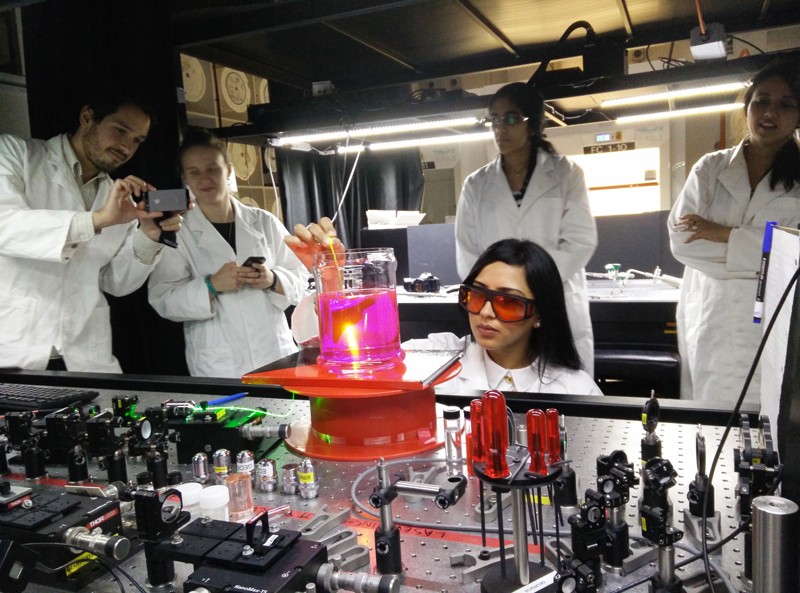
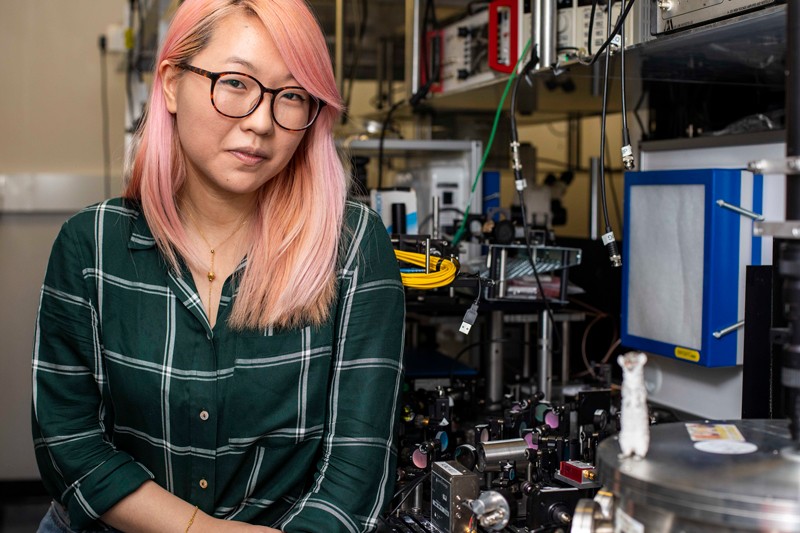
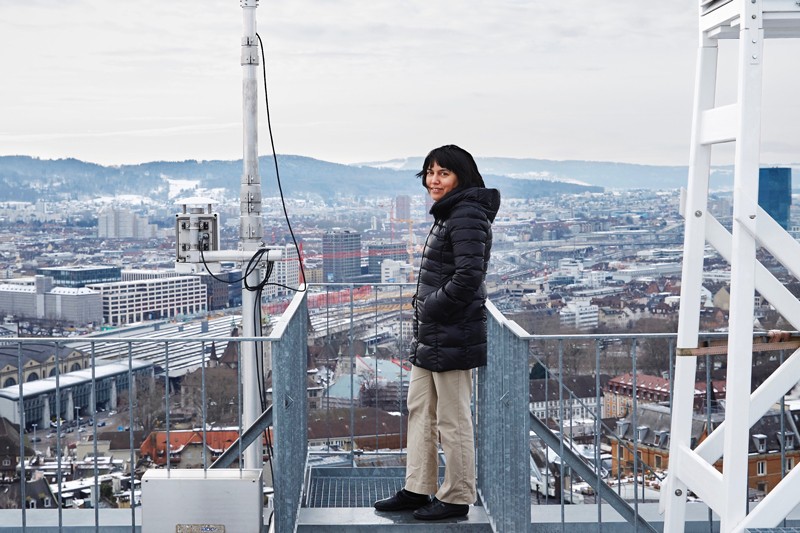
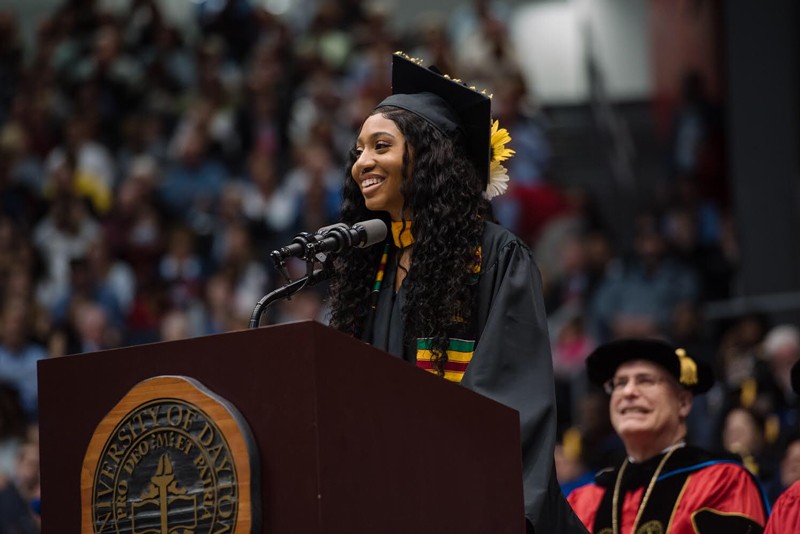
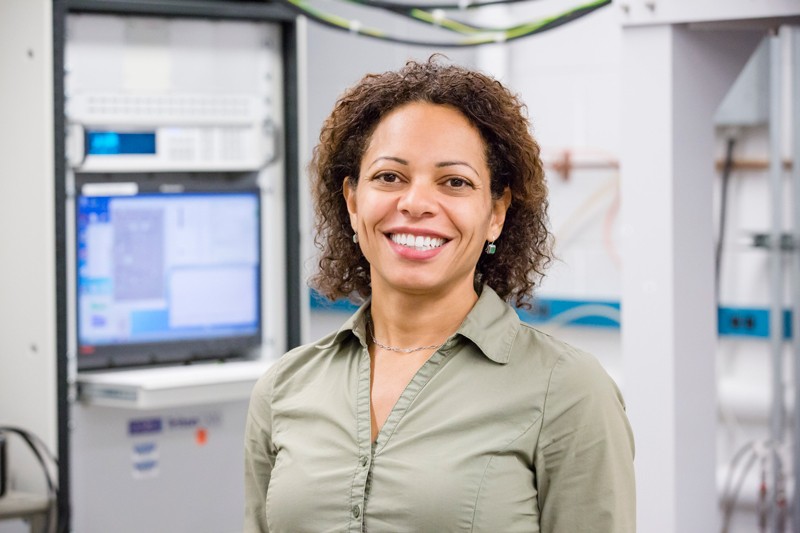
No comments:
Post a Comment